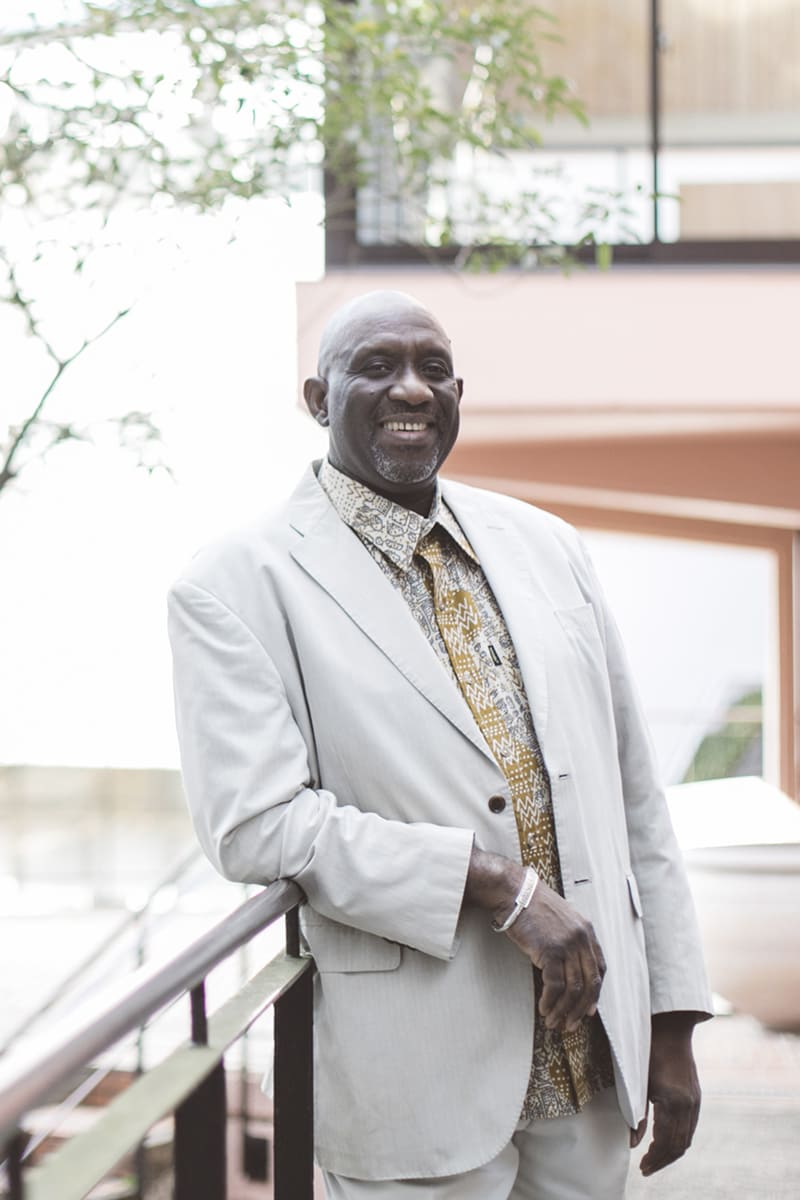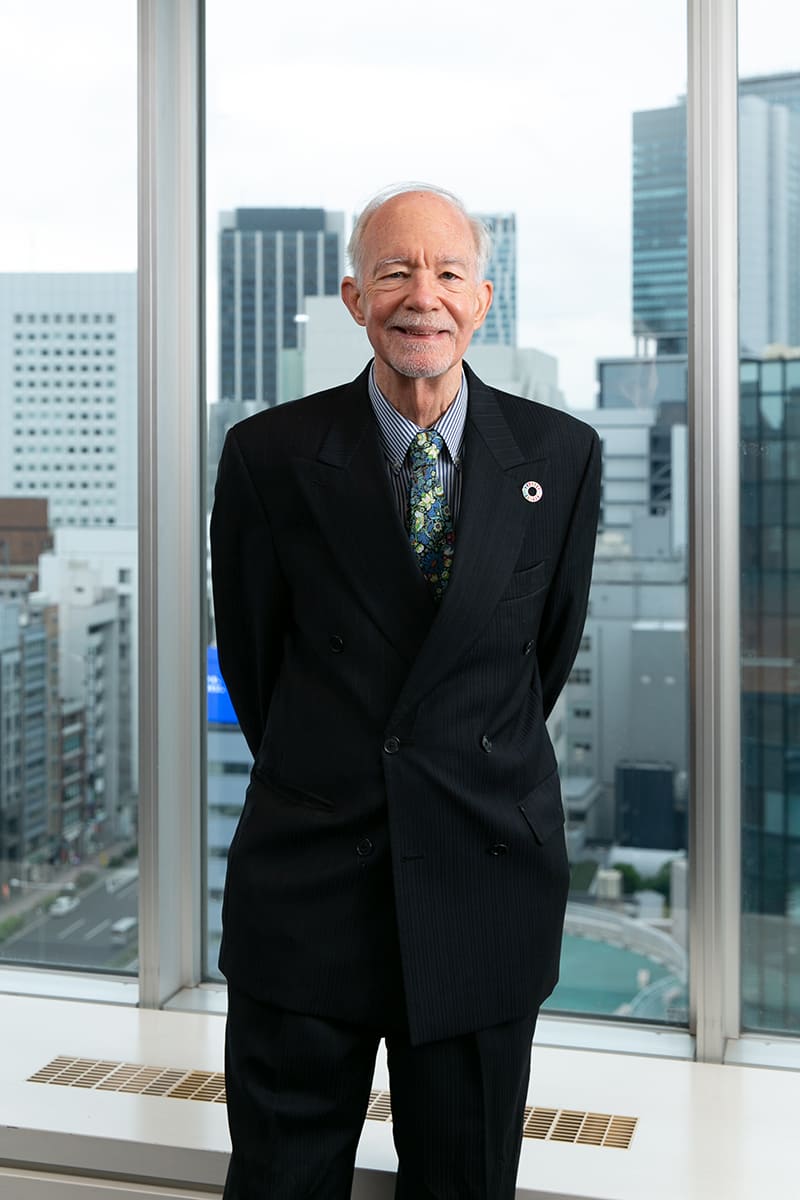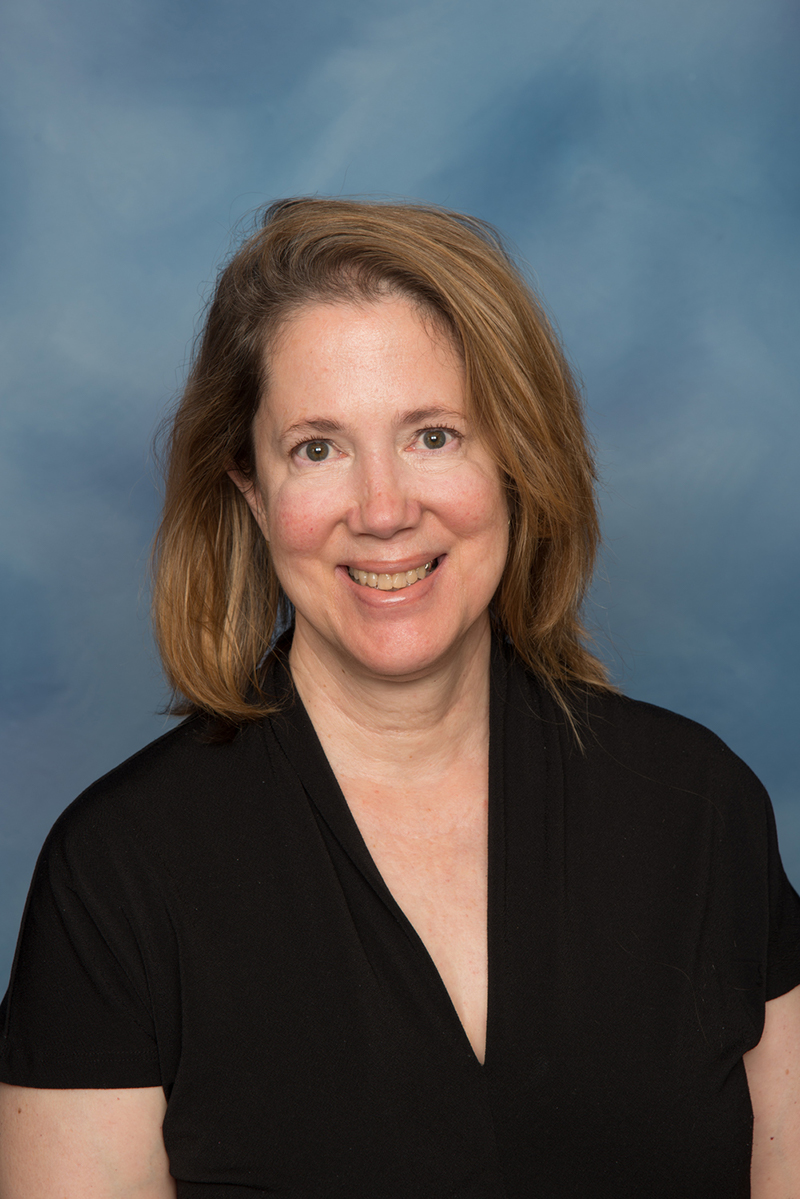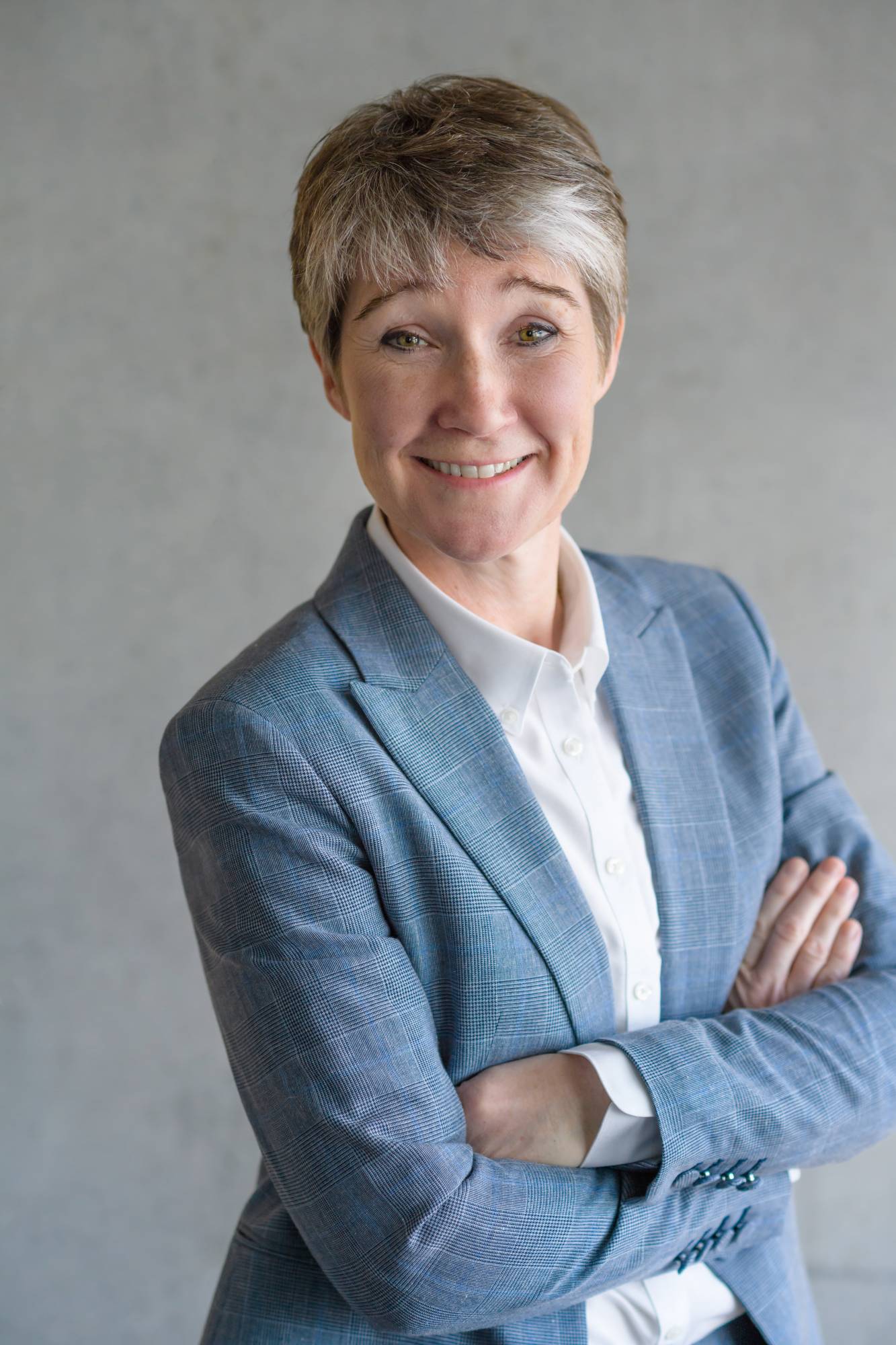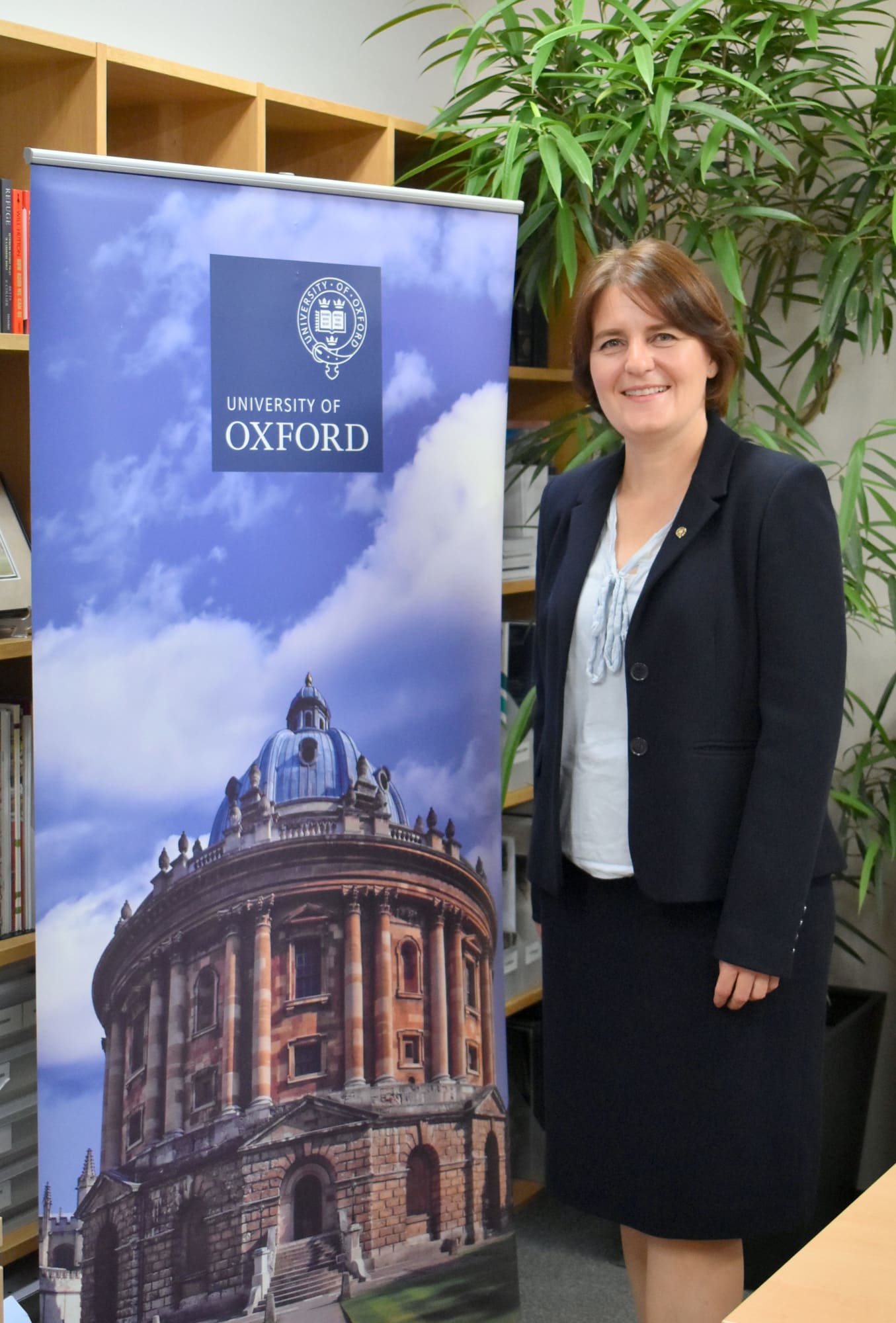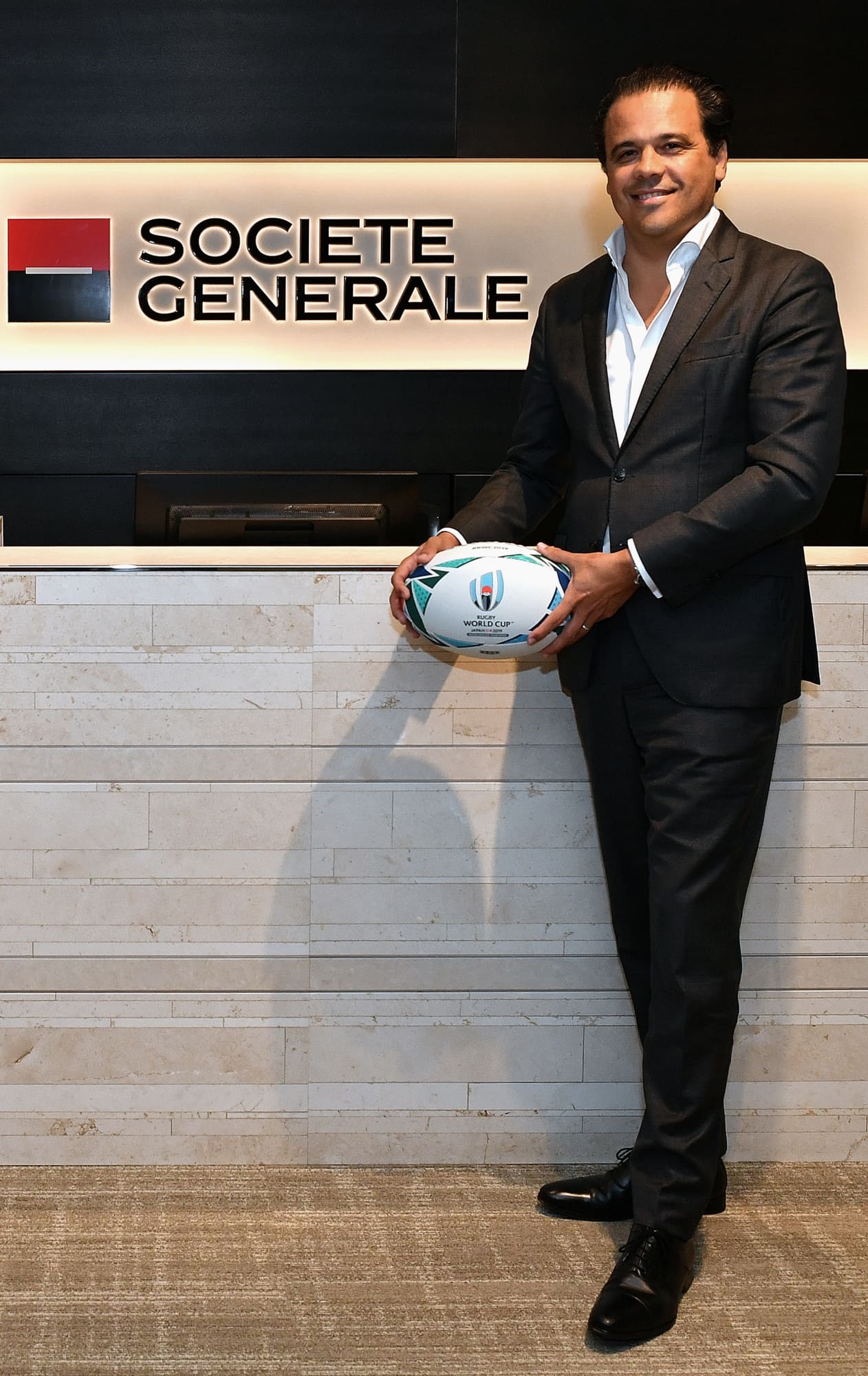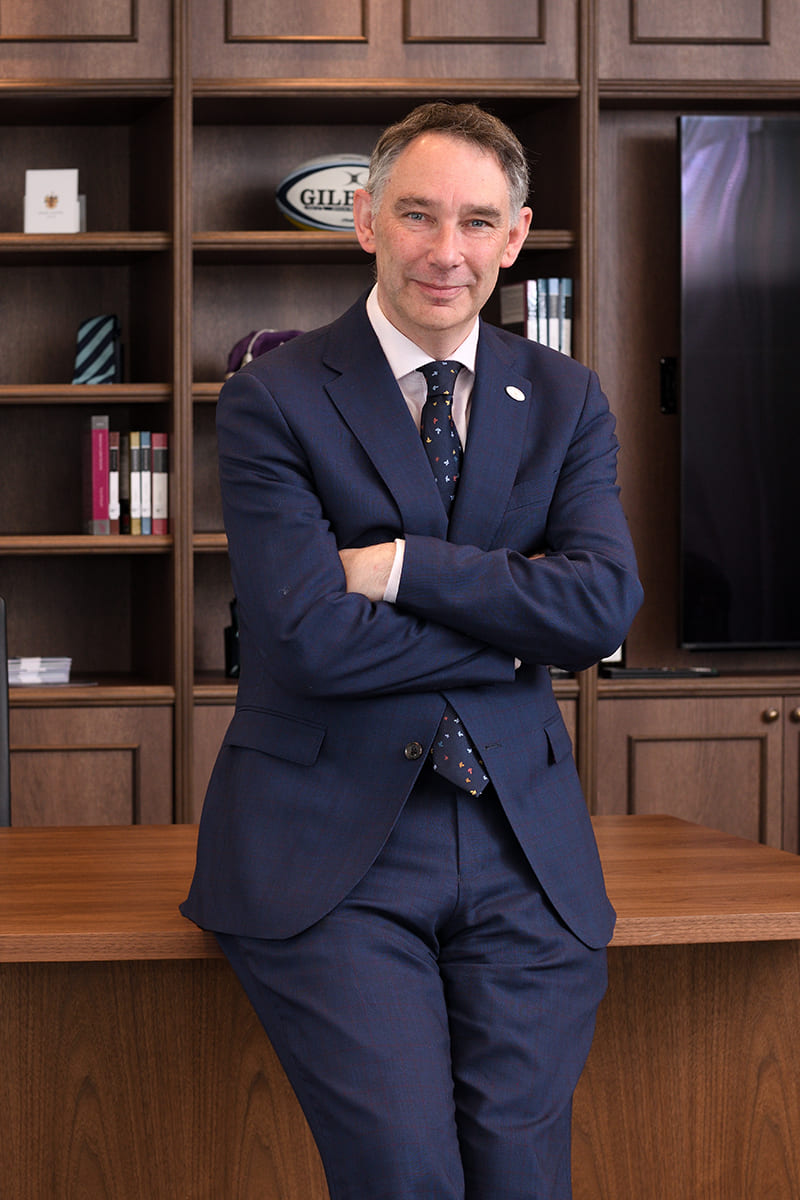
March 01, 2024
Rugby School Japan bridges nations, generations
Holistic approach aims to ready kids for roles on world’s biggest stages
- Name: Tony Darby
- Title: Rugby School Japan, Principal
- URL: https://rugbyschooljapan.ed.jp/
- Hometown: Midlands, U.K.
- Years in Japan: 1
Rugby School has opened in Japan! A new chapter has begun, building on over 400 years of traditional education in the English town of Rugby.
The sport of rugby was invented at Rugby School in England. The school in Chiba Prefecture uses the curriculum of its parent school, sharing a strong connection, including the eponymous sport. Principal Tony Darby says it offers a holistic, bespoke education in the spirit of an authentic British boarding school.
Quick history: In 1823, during a soccer game at Rugby School, student William Webb Ellis caught the ball and ran with it toward the opposing side’s goal. That act formed the foundation for the sport of rugby.
Second school outside the U.K.
Recent history: The first Rugby School outside the U.K. was started in Thailand in 2017, and the school in Japan is the second. Located in Kashiwanoha, with the University of Chiba and the University of Tokyo’s Kashiwa campus nearby, Rugby School Japan sits on a sprawling complex that is still expanding.
The developers delivered the complex — which includes a gymnasium, an exercise gym, boarding houses, an airy rugby-ball-shaped dining room, a cafe, reading nooks and a library — in nine months. The buildings’ clean lines and well-lit rooms have a modern edge, yet they also echo the aesthetics of a British boarding school.
Darby, looking for a unique challenge where he could apply some of the entrepreneurship skills he has taught, jumped at the chance to move to Japan a year before the school’s launch to set it up. He is satisfied that it has successfully communicated the culture and expectations of the Rugby brand to its more than 140 students, their families and others involved.
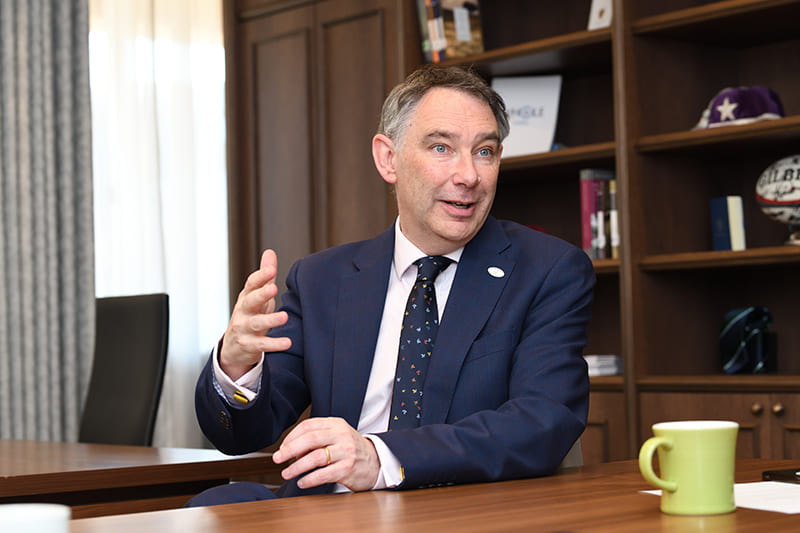
Building international citizens
“It’s important that the pupils and the parents really understand what we’re offering. So if they want to take their children home at 3:00, that’s not us. (School ends at 5:30.) If they don’t want to be involved in the co-curricular program, that’s not us. It’s that holistic approach that not all parents understand, and so we have been selective. We test rigorously, but we interview every pupil and we meet with parents before entering into the school.”
The aim, Darby explains, is to produce well-rounded individuals ready to play roles on the world’s biggest stages.
“Every single pupil does something outside of the classroom every single day — choir, painting, lots of different societies. They do sport three times a week. What we’re building are international citizens designed to be very open and outward-looking. They can go on to be whatever they want. But they’ve got the skill set there. They have the confidence to go forward and contribute to society,” Darby said.
The student body, from 15 nations and running from ages 11 to 18, has a combination of day students, weekly boarders and permanent boarders. Regardless of whether they go home at the end of the day, on Saturdays or at the end of the term, students are all integrated into a community that focuses on cultivating a sense of belonging. Even though day students don’t live in the boarding houses, they still have their own desks in assigned rooms.
The emphasis is not only on academics, but also on pastoral care — looking after the well-being of the students. Darby has separate academic and pastoral deputies, members of the teaching staff are assigned to the boarding houses as residential house masters, and deputy house masters, together with nonresidential teachers, support the boarding teams.
In love with teaching
Darby himself did not attend a boarding school, but he was inspired to pursue higher education based on his interactions with teachers at his British state school. He simply loved school and was the first in his family to attend university. But this was not before giving up another dream, determining at 17 that he was not “quite good enough to become a professional soccer player.”
An “exciting” year of teaching abroad after university ended with him being smitten with the profession. He returned to an office job in the U.K. but was eventually pulled back into the classroom by memories of how rewarding that work had been.
“That thirst for knowledge, that enthusiasm. I became an accountant, which was quite a contrast. After a while, I just thought, ‘I much prefer the interaction with the pupils and seeing the progress that you get there rather than looking at balance sheets or profits.’”
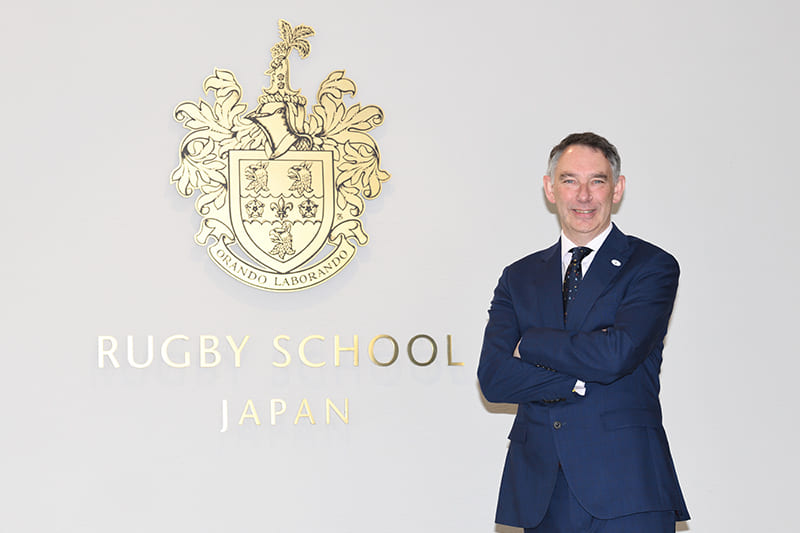
Community partnerships
One area he is looking to make progress in at Rugby School is forming partnerships with community groups and corporations. With a goal of increasing the number of women in tech, Google helps to run a co-curricular club at Rugby School. There is also a local innovation lab where students can interact with entrepreneurs and access resources for starting their own ventures. Ties have been forged with Chiba University in the field of hydroponics as well.
“Every pupil needs to understand that they are part of a local community and then a wider Japanese community,” Darby said.

